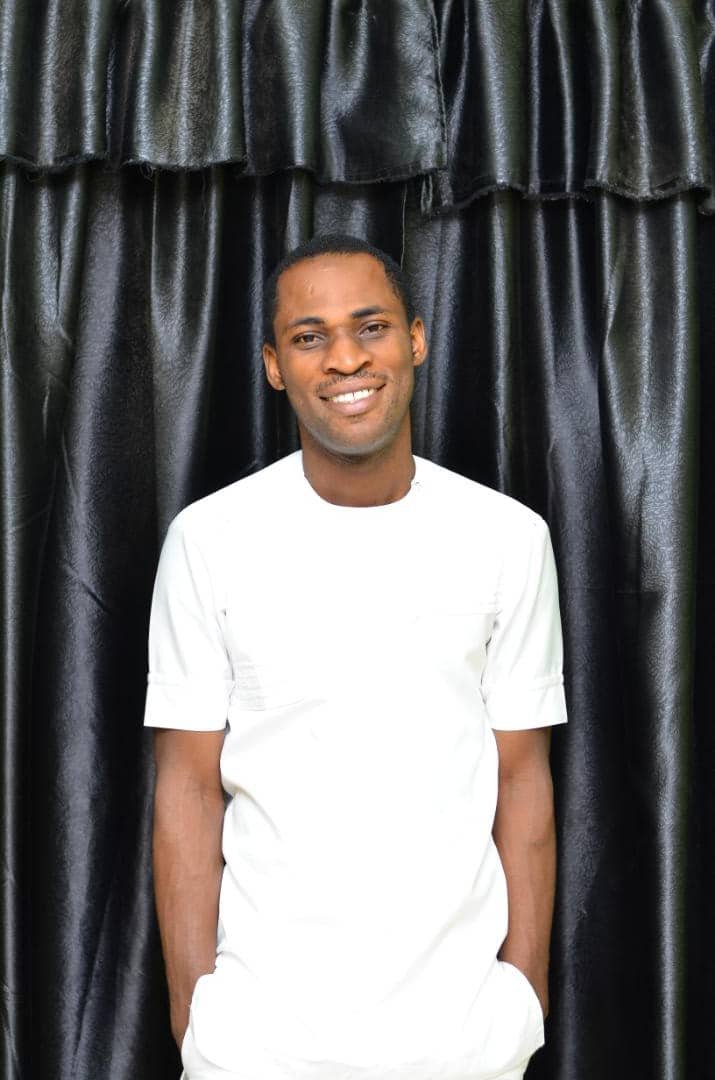Let me start by emphasizing that everyone, as an entrepreneur, has something to sell or a particular service to render.
I often joke that while you buy shoes, bags, clothes, phones, and recharge cards, among other things, have you ever stopped to think about what YOU are selling?
Our topic today is “What to Sell,” and it’s important to consider how you can transition from being a perpetual buyer to becoming a seller.
Even SADOZ is selling something through KBI (Koinonia Bible Institute). It’s clear that there are only two kinds of people in the world: those who sell and those they sell to.
To make money, you need to be in the first category. And please, don’t label yourself as just a salary earner. Those who sell and make money are the ones who can afford to pay salaries. You too can choose to be an employer.

So, how do you determine what to sell or focus on?
1. Start by asking yourself this question:
If you were only permitted to do or sell one thing, what would it be? Consider all your interests and the things on your mind, and then choose one business or venture that you would prioritize.
Another approach is to monetize your passion. Is there something you can effortlessly do? Something you enjoy doing even when tired? Perhaps you even offer your services for free without hesitation. Why not monetize that?
For instance, there’s a young man I know who loves fixing electrical issues, despite not studying it in university. Whenever there’s an electrical fault in the house, we’d rather wait for him to return than hire anyone else. He puts in hard work and sweats profusely, but he considers it an opportunity to gain more experience. That’s passion. When deciding what to sell or what service to offer, consider what you find easy and enjoyable.
2. Monetize your skills.
Skills can be acquired consciously or unconsciously, in formal or semi-formal settings. Some people are fortunate to gain skills through their environment or their parents’ occupation. Any of these skills can be monetized. Personally, I learned about printing because my father is a printer. Although I didn’t directly monetize that skill, it opened doors in the publishing aspect of our ministry. Understanding the processes involved allows me to maneuver the market to our advantage, reducing costs for our printed materials. Today, we have 76 books in print, a remarkable achievement for our relatively young ministry.
3.Knowledge products can be monetized.
When you read a book or participate in courses like those offered at The Koinonia Bible Institute, you are engaging with knowledge products. This sector is one of the most lucrative and profitable businesses. Many authors have passed away, yet their books continue to inspire generations. You can write about what you know or record your knowledge to create products for others to purchase. There are countless individuals earning in dollars on platforms like YouTube and Facebook, blogging, and creating content related to knowledge products. Akin Alabi, a Nigerian businessman and politician, built his career by researching and compiling knowledge about various business strategies into journals and handouts, which he sells directly to those in need. This is similar to what’s done in affiliate marketing.
4.Create a need.
Sometimes, people are unaware of a need until someone presents them with a solution. For example, the selfie stick wasn’t deemed necessary until someone invented it, and people realized its utility. Similarly, the idea of a desktop charger emerged when people began watching movies on their mobile phones and needed a convenient way to prop them up. Social media platforms like Facebook were non-existent until they were created, revealing needs that people didn’t even know they had. You may discover that people thirst for something only when it is made available to them.
5.Monetize privileged information.
Some individuals possess valuable information about certain investment opportunities, allowing them to capitalize on advantageous moments. For instance, during the emergence of COVID-19, people who were aware of the scarcity of facemasks and hand sanitizers were able to profit from selling them.
In conclusion, we all have something we can sell, whether it’s knowledge, a skill, a service, or a product. It’s about finding something valuable to offer and exchanging it for money. However, it’s crucial to avoid a hustling mindset and instead adopt the mindset of a focused business owner. Not every opportunity is worth pursuing, so be selective.
If you’re interested in exploring this topic further, I recommend reading our book, “What Can I Sell, How Can I Sell” by Ife Adetona. To obtain a copy, please contact us at +234 903 597 2506.
Thank you for your attention.

